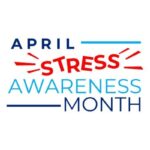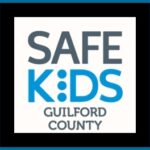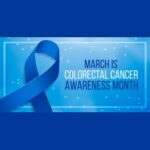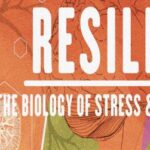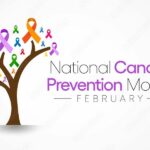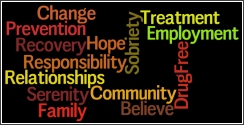Opioid Treatment Program
 ADS’ Opioid Treatment Program is state-of-the-art, CARF accredited, and has been in operation for over 35 years in the local Triad community. ADS has had a wonderful opportunity to serve many thousands of clients over this time period, and we have refined our Opioid Treatment Program with the input of many dedicated professionals and motivated clients.
ADS’ Opioid Treatment Program is state-of-the-art, CARF accredited, and has been in operation for over 35 years in the local Triad community. ADS has had a wonderful opportunity to serve many thousands of clients over this time period, and we have refined our Opioid Treatment Program with the input of many dedicated professionals and motivated clients.
ADS’ opioid treatment program currently utilizes methadone as the leading medically-approved opioid replacement therapy for treating opioid dependency.
 This approach has provided many people, suffering with an opioid addiction, a new lease on life as they stepped onto the path of recovery looking for a new beginning. Methadone is a highly effective medication for relieving painful opioid withdrawal symptoms.
This approach has provided many people, suffering with an opioid addiction, a new lease on life as they stepped onto the path of recovery looking for a new beginning. Methadone is a highly effective medication for relieving painful opioid withdrawal symptoms.
Importantly, ADS is a treatment & recovery focused program. In addition to receiving methadone medication, our clients participate in individual and group counseling as well as random drug testing. ADS places great emphasis on client safety and enjoys a reputation as a quality clinic and treatment program that fosters personal growth. Browse the tabs below for more information on our opioid treatment services.


